UK heatwave: Britain’s green and pleasant land turns brown
Aerial photos show parched fields after UK receives just 47mm of rain in six weeks

A free daily email with the biggest news stories of the day – and the best features from TheWeek.com
You are now subscribed
Your newsletter sign-up was successful
Satellite imagery has revealed how the UK’s heatwave and drought has changed its landscape
The Met Office posted the image to their Instagram account, showing the difference between satellite images taken in May and July.
The green swathe of land has turned brown and barren-looking after weeks of dry heat.
The Week
Escape your echo chamber. Get the facts behind the news, plus analysis from multiple perspectives.

Sign up for The Week's Free Newsletters
From our morning news briefing to a weekly Good News Newsletter, get the best of The Week delivered directly to your inbox.
From our morning news briefing to a weekly Good News Newsletter, get the best of The Week delivered directly to your inbox.
The longest heatwave Britain has experienced in 42 years resulted in “just 47mm of rainfall between 1 June and 16 July”, reports The Independent.
Some parts of the country were much drier. Essex had 1.7 mm of rainfall, Dorset 2.0 mm and Middlesex only 0.7 mm, making June provisionally the driest on record, according to the Met Office.
This lack of rain is expected to continue well into August, “prompting a hosepipe ban in the northwest of England, which is the first in the country since 2012”, says HuffPost.
Martin Padley of United Utilities said: “Despite some recent rainfall, reservoir levels are still lower than we would expect at this time of year and, with forecasters predicting a return to hot, dry weather for the rest of July, we are now at a point where we will need to impose some temporary restrictions on customers.”
A free daily email with the biggest news stories of the day – and the best features from TheWeek.com
The UK could record its hottest ever summer if above-average temperatures continue. Even if the rest of the summer is average, it will “certainly rank in the top ten warmest summers on record,” the Met Office said.
But a spokesman added: “It is important to remember we are only half way through the season, and a lot can change.”
Some showers are expected next week, before heatwave conditions return.
But a new warning has been issued “ahead of another 33C (91F) sizzler expected to last a fortnight”, says The Sun.
-
 The environmental cost of GLP-1s
The environmental cost of GLP-1sThe explainer Producing the drugs is a dirty process
-
 Nuuk becomes ground zero for Greenland’s diplomatic straits
Nuuk becomes ground zero for Greenland’s diplomatic straitsIN THE SPOTLIGHT A flurry of new consular activity in Nuuk shows how important Greenland has become to Europeans’ anxiety about American imperialism
-
 ‘This is something that happens all too often’
‘This is something that happens all too often’Instant Opinion Opinion, comment and editorials of the day
-
 Can the UK take any more rain?
Can the UK take any more rain?Today’s Big Question An Atlantic jet stream is ‘stuck’ over British skies, leading to ‘biblical’ downpours and more than 40 consecutive days of rain in some areas
-
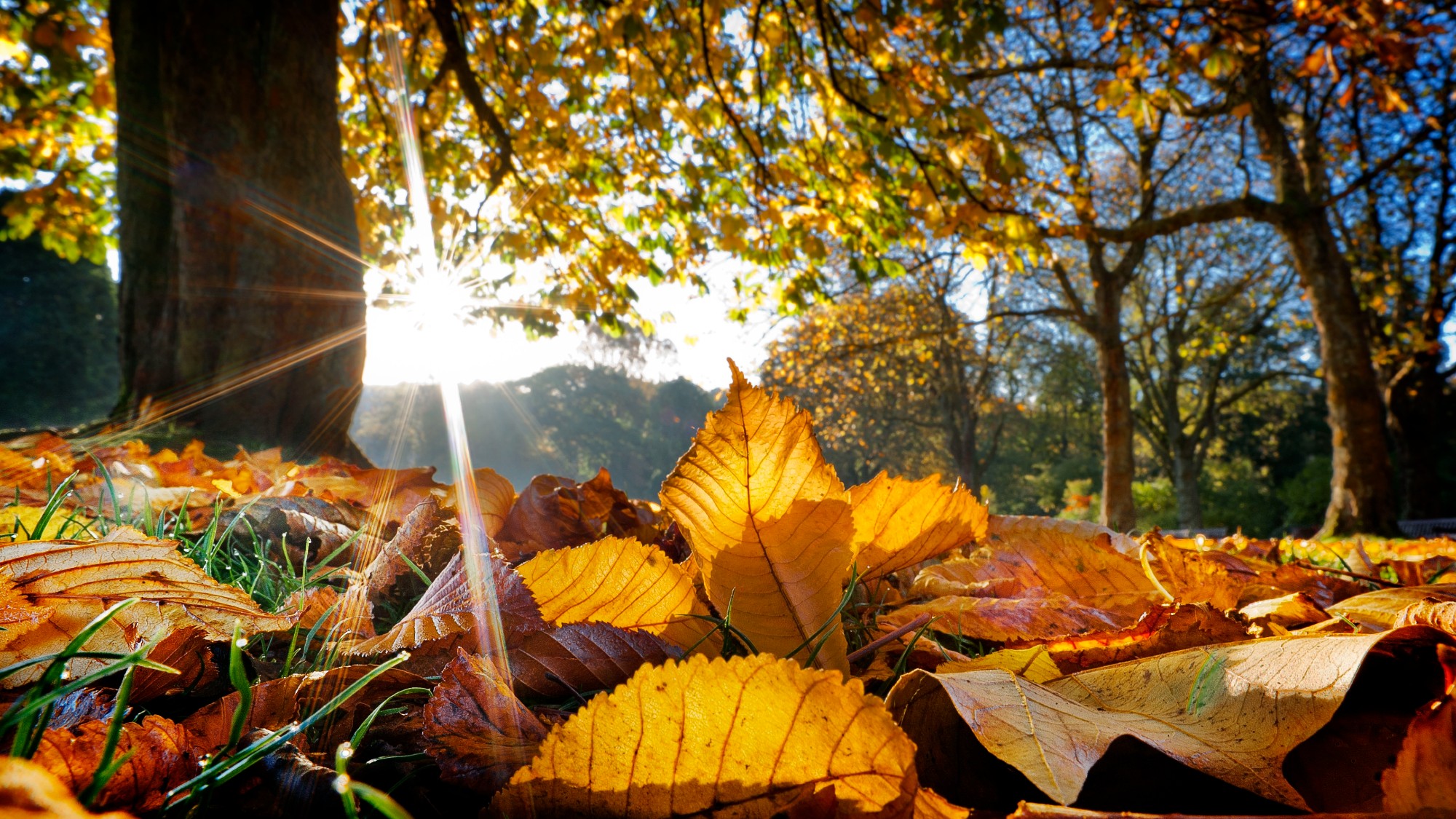 When does autumn begin?
When does autumn begin?The Explainer The UK is experiencing a 'false autumn', as climate change shifts seasonal weather patterns
-
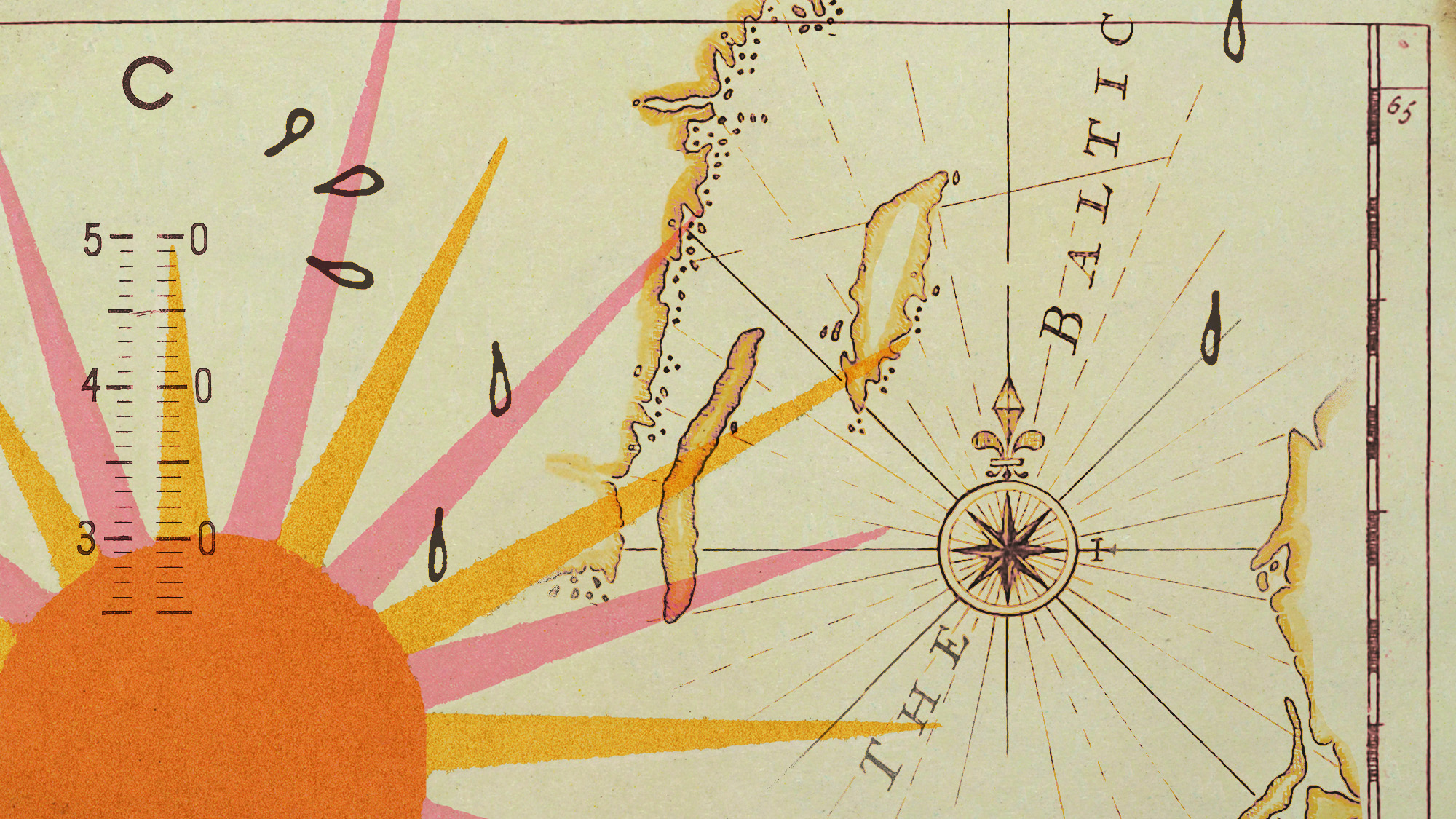 What do heatwaves mean for Scandinavia?
What do heatwaves mean for Scandinavia?Under the Radar A record-breaking run of sweltering days and tropical nights is changing the way people – and animals – live in typically cool Nordic countries
-
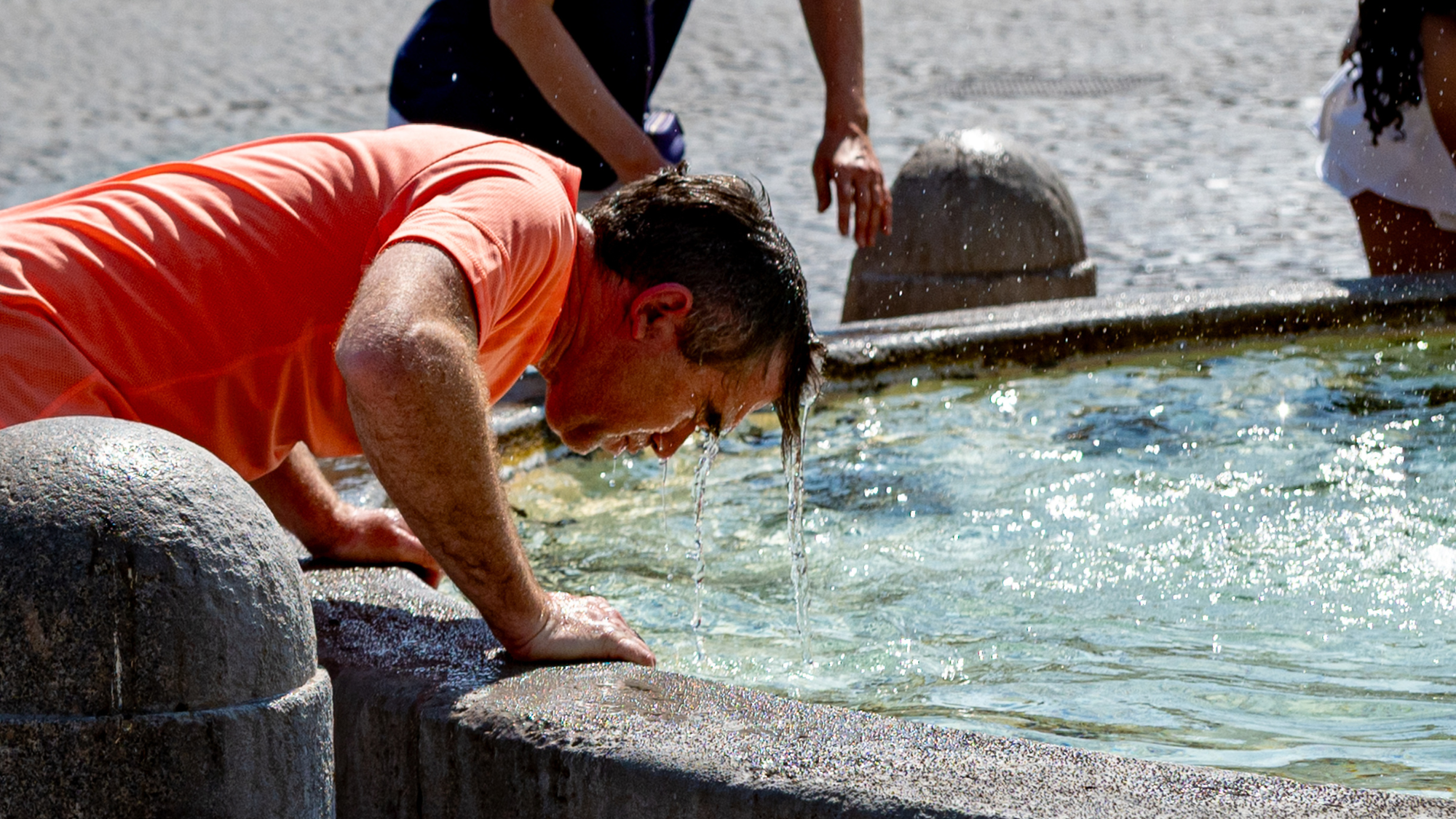 Europe's heatwave: the new front line of climate change
Europe's heatwave: the new front line of climate changeIn the Spotlight How will the continent adapt to 'bearing the brunt of climate change'?
-
 Why the weather keeps getting 'stuck'
Why the weather keeps getting 'stuck'In the Spotlight Record hot and dry spring caused by 'blocked' area of high pressure above the UK
-
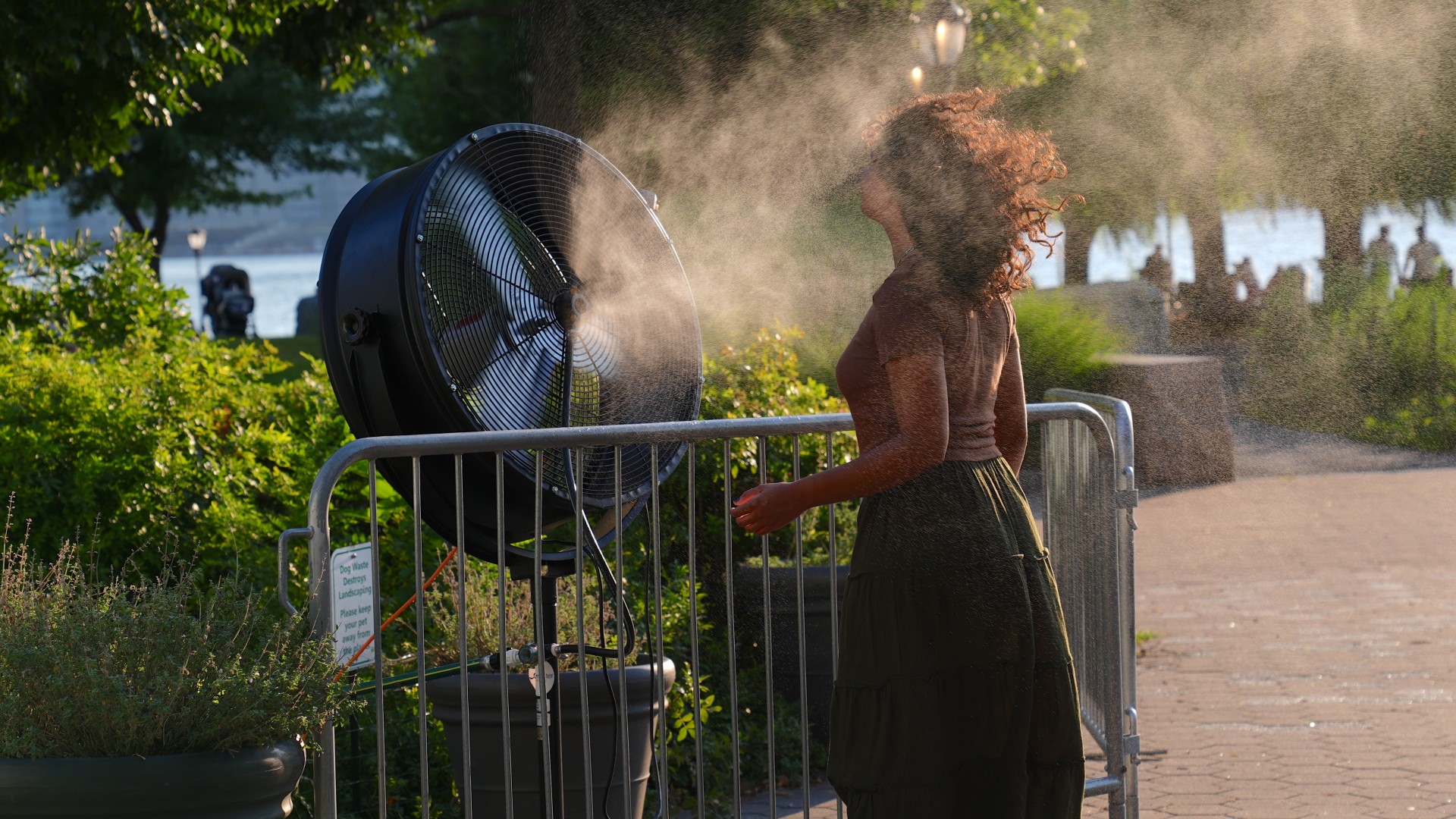 The Earth just saw its hottest day on record
The Earth just saw its hottest day on recordSpeed Read July 21, 2024 was the hottest day in recorded global history
-
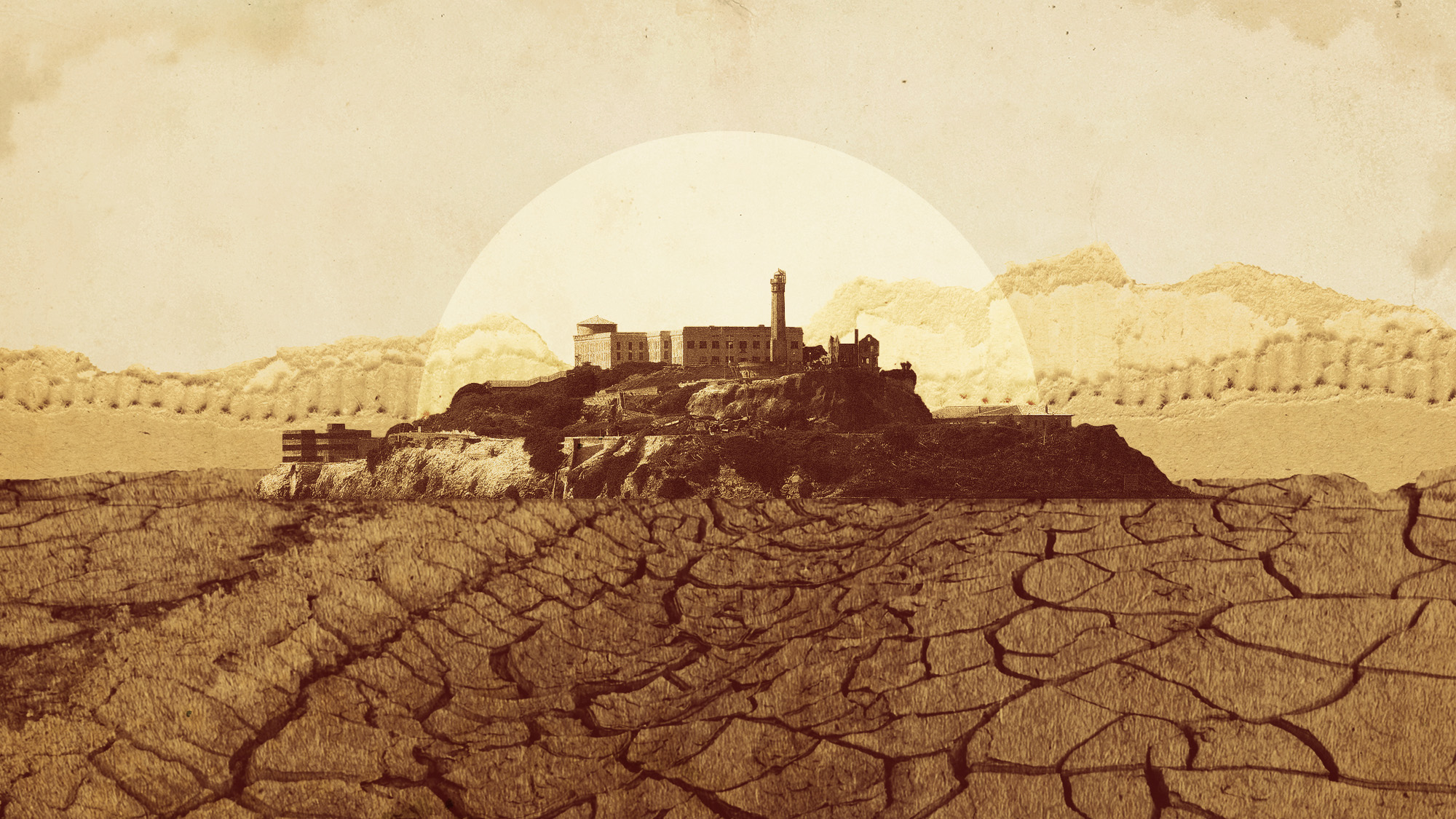 Prisons are simply not prepared for extreme heat
Prisons are simply not prepared for extreme heatUnder the radar Inmates are at severe risk of heat-related illness
-
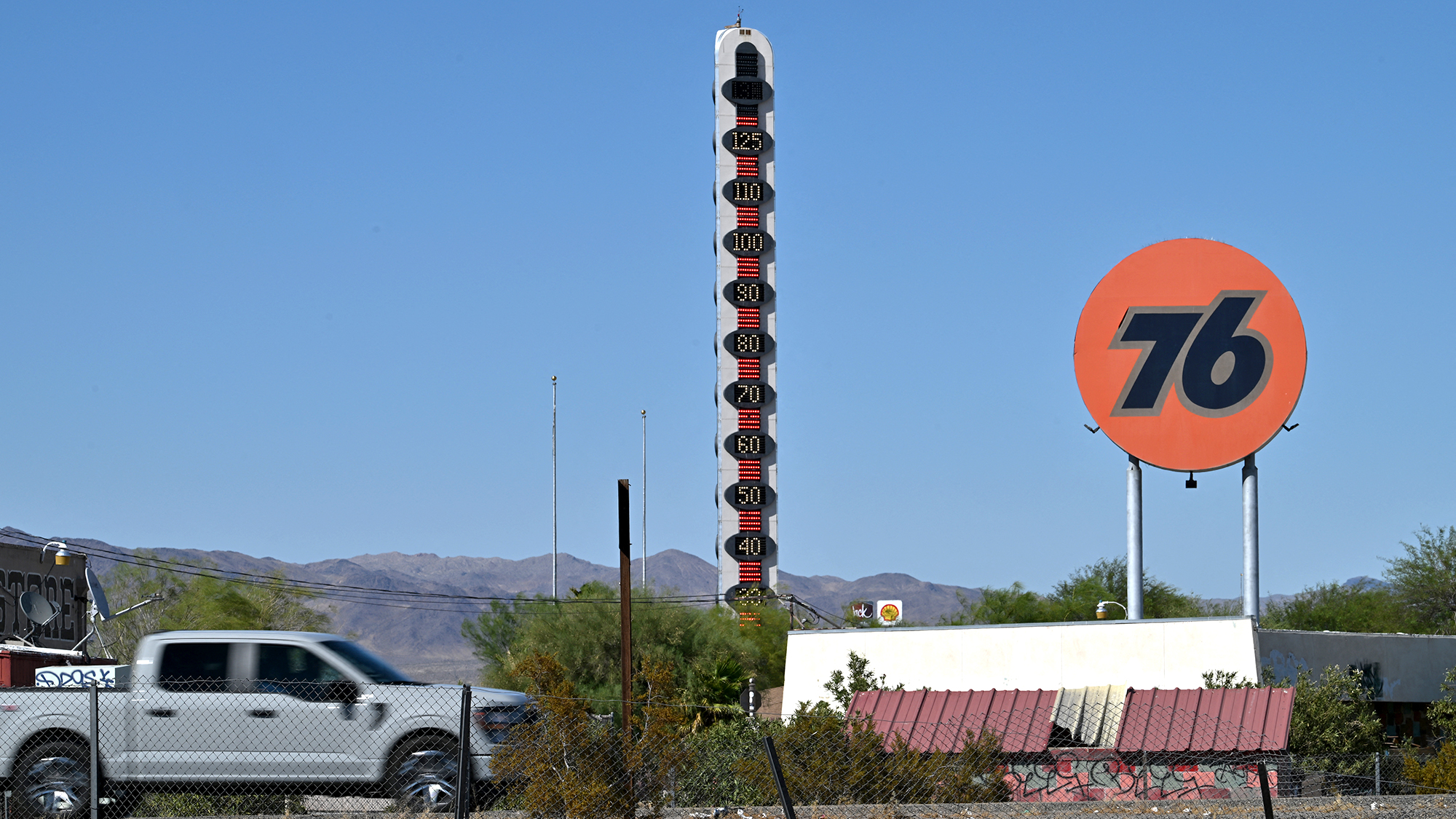 Sweltering heat wave hits much of the United States
Sweltering heat wave hits much of the United StatesSpeed Read An excessive heat warning was in effect for 10% of the country's population